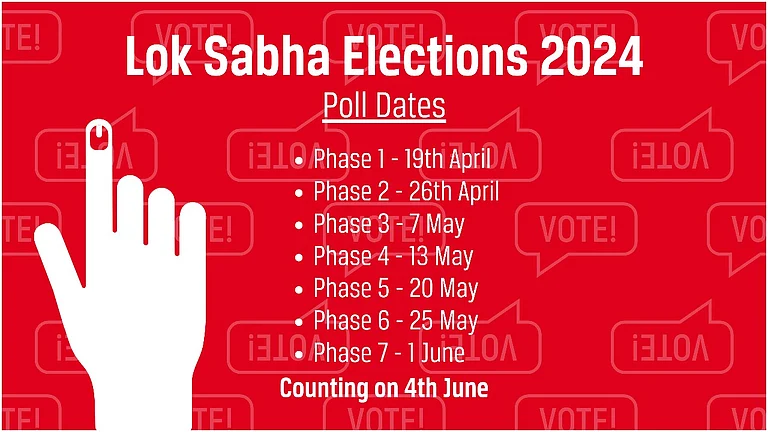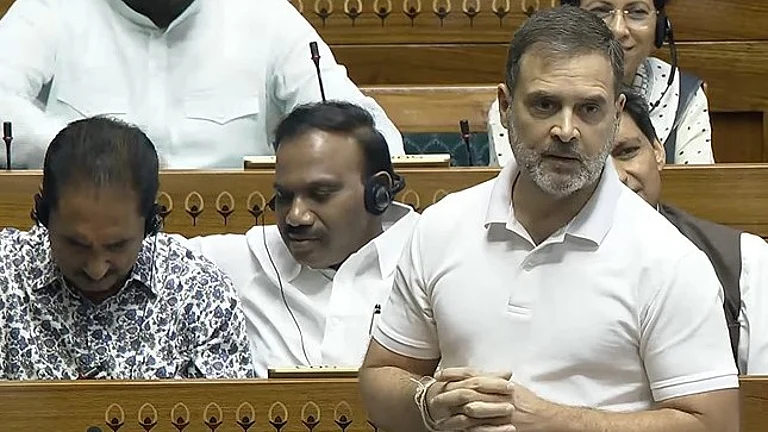NOTA, the commonly known acronym for 'None of the above', is one of the options displayed on the Electronic Voting Machines (EVMs), allowing voters to exercise the option of not voting for any poll candidate in the fray in their constituency. Since its introduction, NOTA has survived several political debates concerning its implications on poll results.
Here we will answer some of the most frequently asked questions (FAQs) regarding NOTA.
What is NOTA?
NOTA or None Of The Above option is available for people who do not wish to vote for any candidate of their constituency during an election, allowing voters to officially register a vote of rejection for all contenders.
When was it first used?
NOTA option was first incorporated in 2013 into the Electronic Voting Machines (EVMs) during assembly elections in five states - Chhattisgarh, Mizoram, Rajasthan, Delhi, and Madhya Pradesh. The step was taken following the Supreme Court's 2013 ruling in the PUCL versus Union of India case.
Why NOTA was introduced?
The decision of incorporating NOTA in the electoral process was based on the perception that the freedom to express discontent would motivate more voters to participate in the democratic exercise of voting.
Notably, a NOTA vote holds zero arithmetic significance as it is a neutral vote which is eventually discounted towards the final tally thereby making it separate from a negative vote.
Despite its zero arithmetic value, the apex court in 2013 said that integrating the NOTA option “will indeed compel the political parties to nominate a sound candidate.”
Does it have any impact on the results?
Since the day the decision was taken to introduce NOTA, discussions around its possible electoral implications turned it into a highly debatable matter.
According to some, NOTA has zero electoral value in the Indian systems as even if the maximum votes are given in favor of NOTA, the candidate getting the largest number of votes, which could theoretically even be just one, will still be declared the winner.
On the contrary, another theory explains that NOTA vote has a pivotal role to play in the electoral outcome as it cuts votes from the political parties and therefore contributes to the resulting shift in victory margins.





























